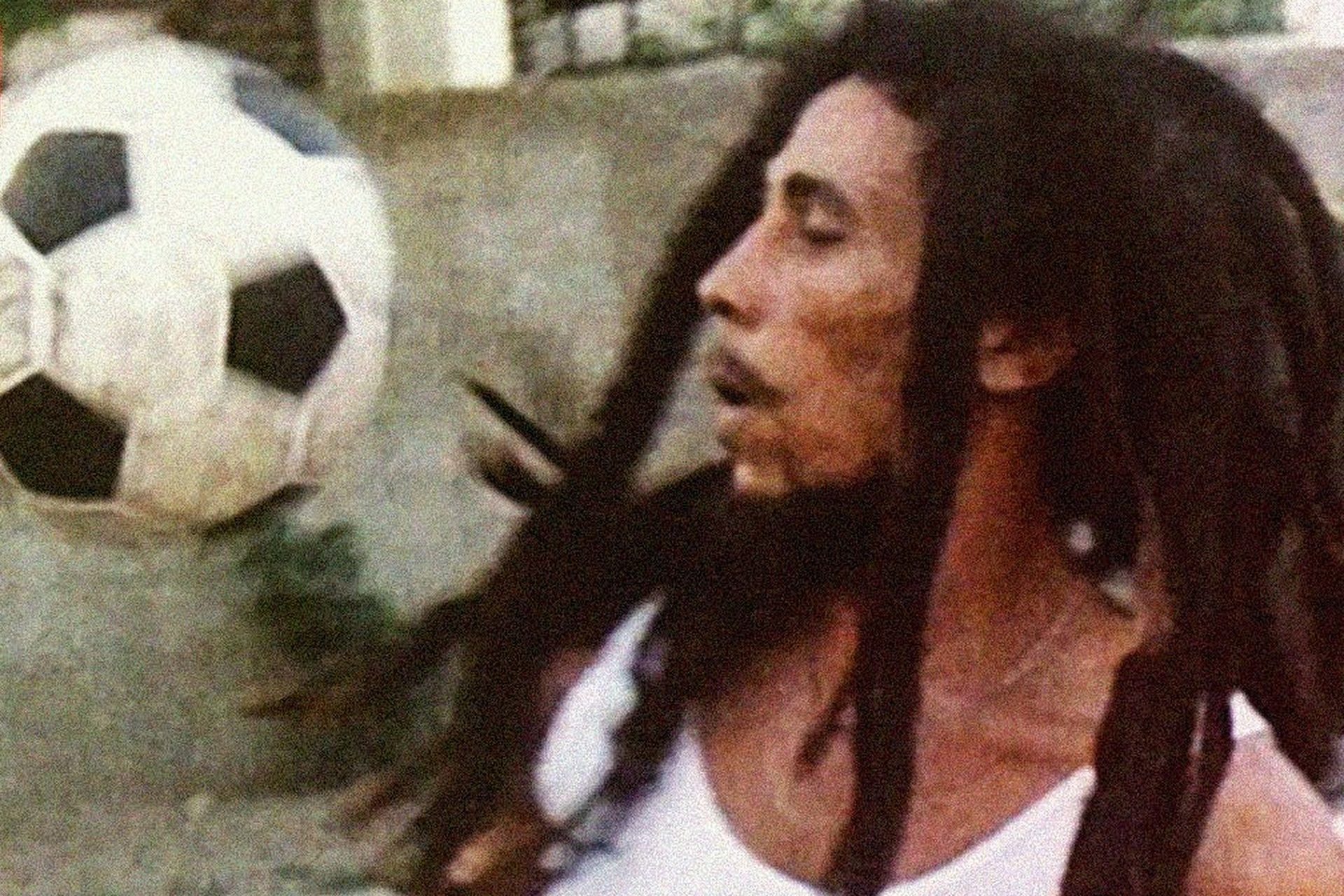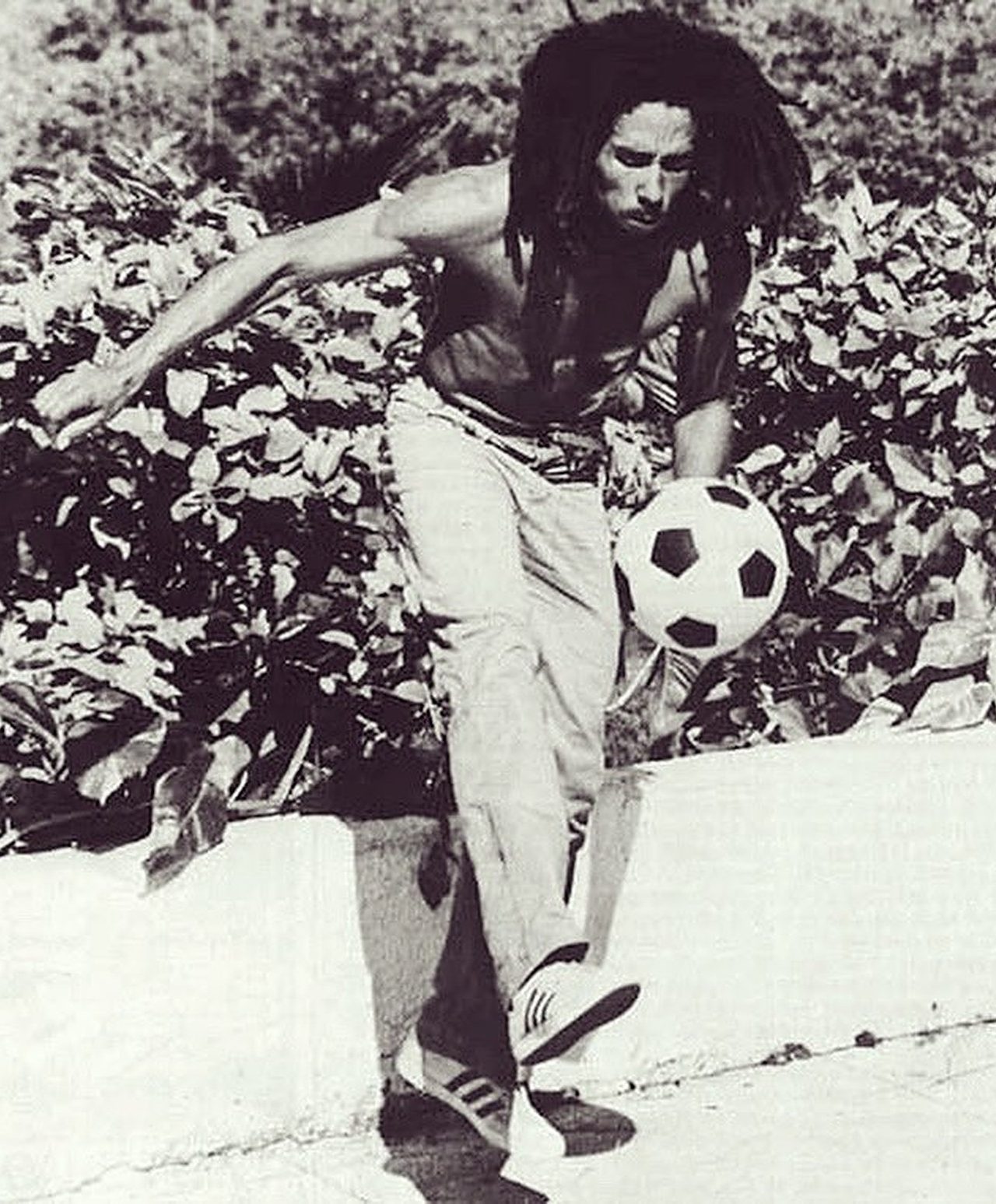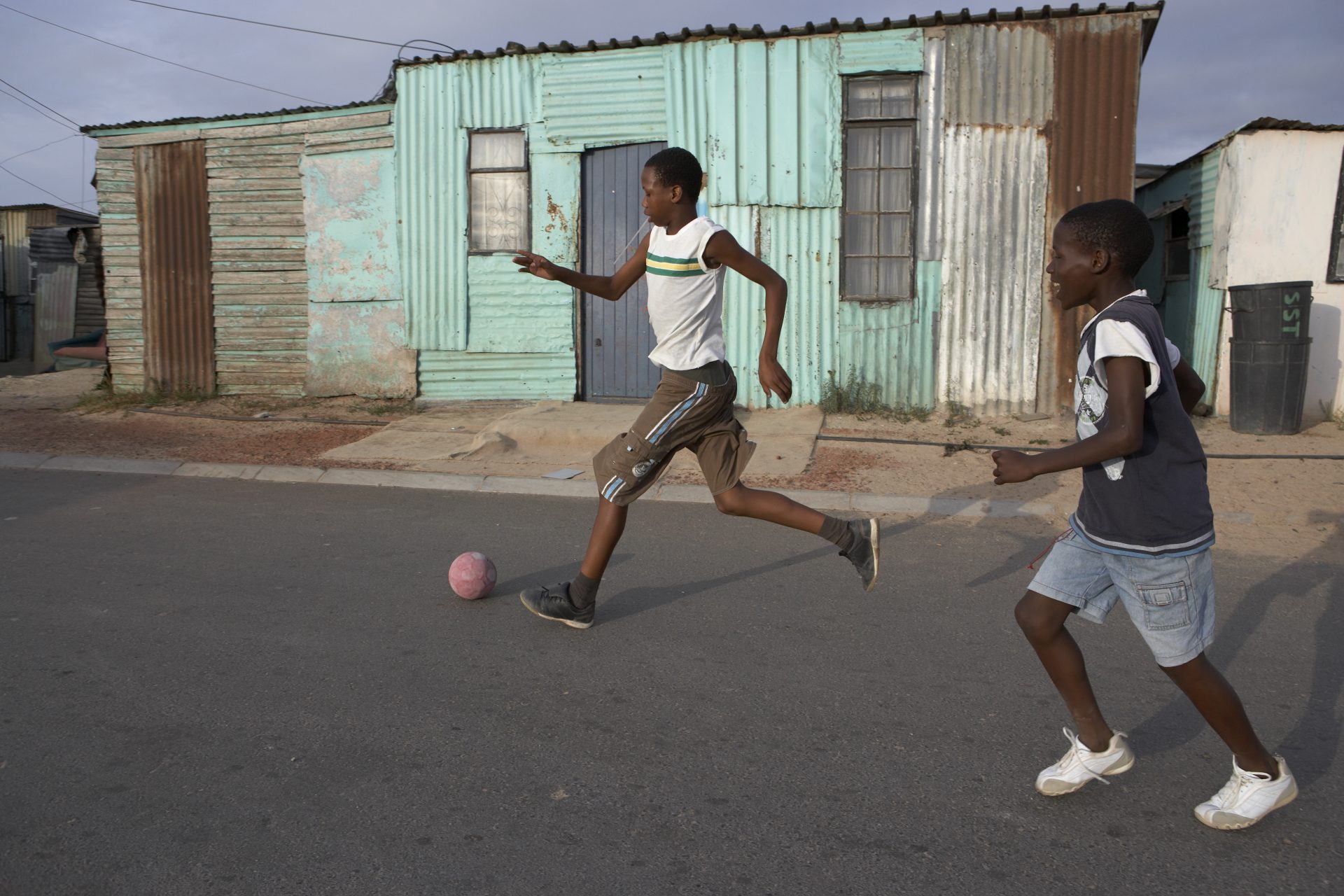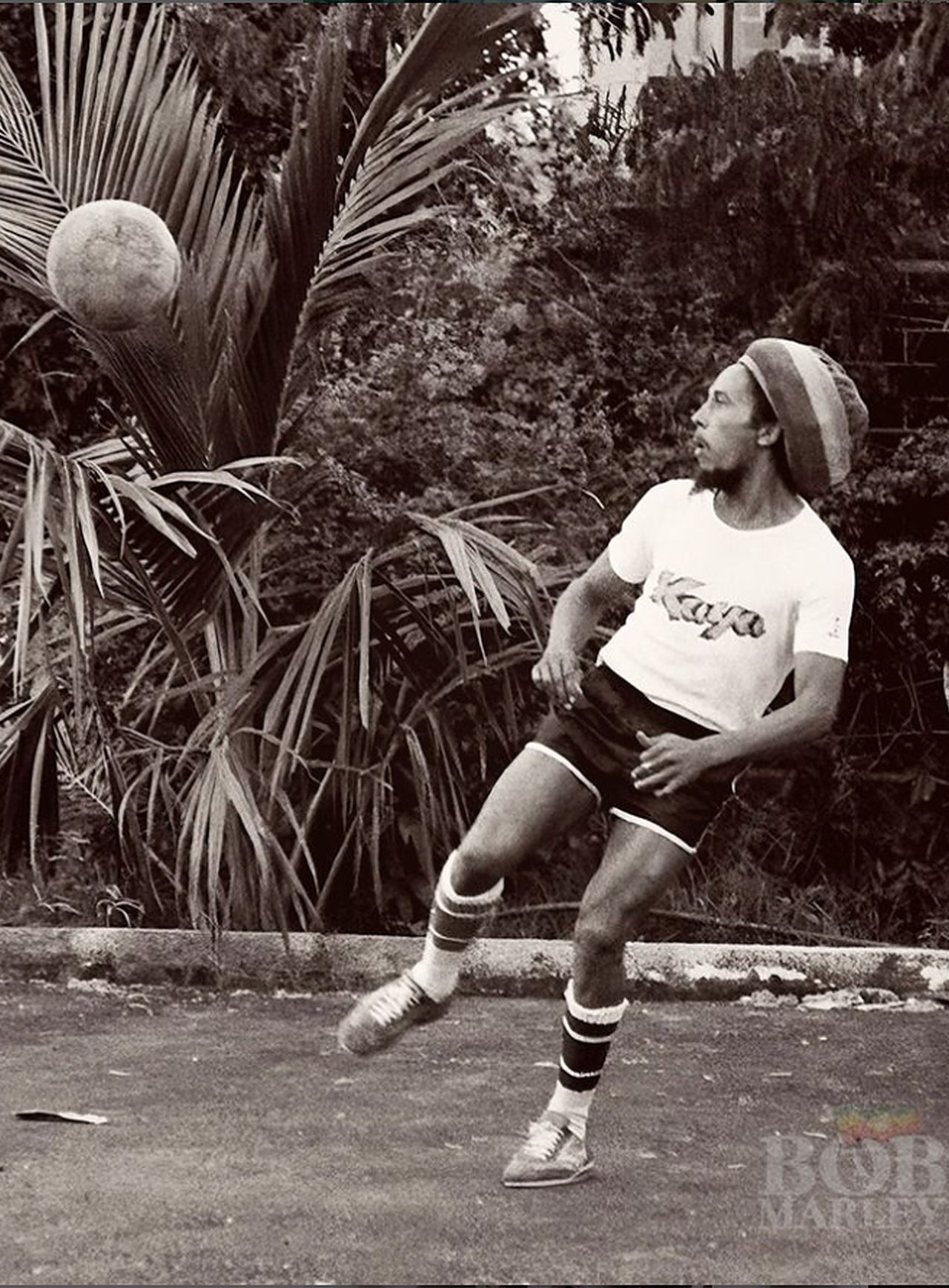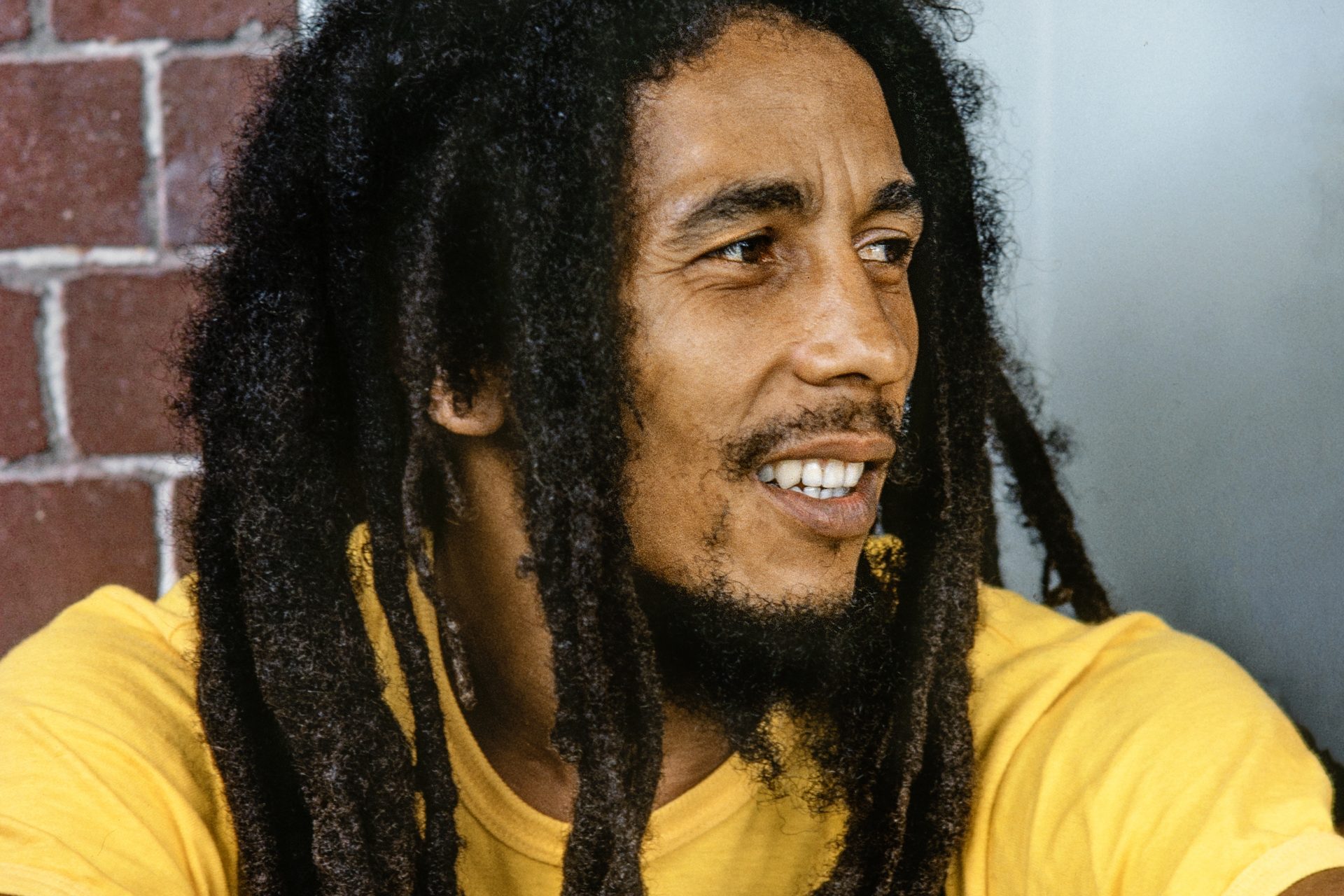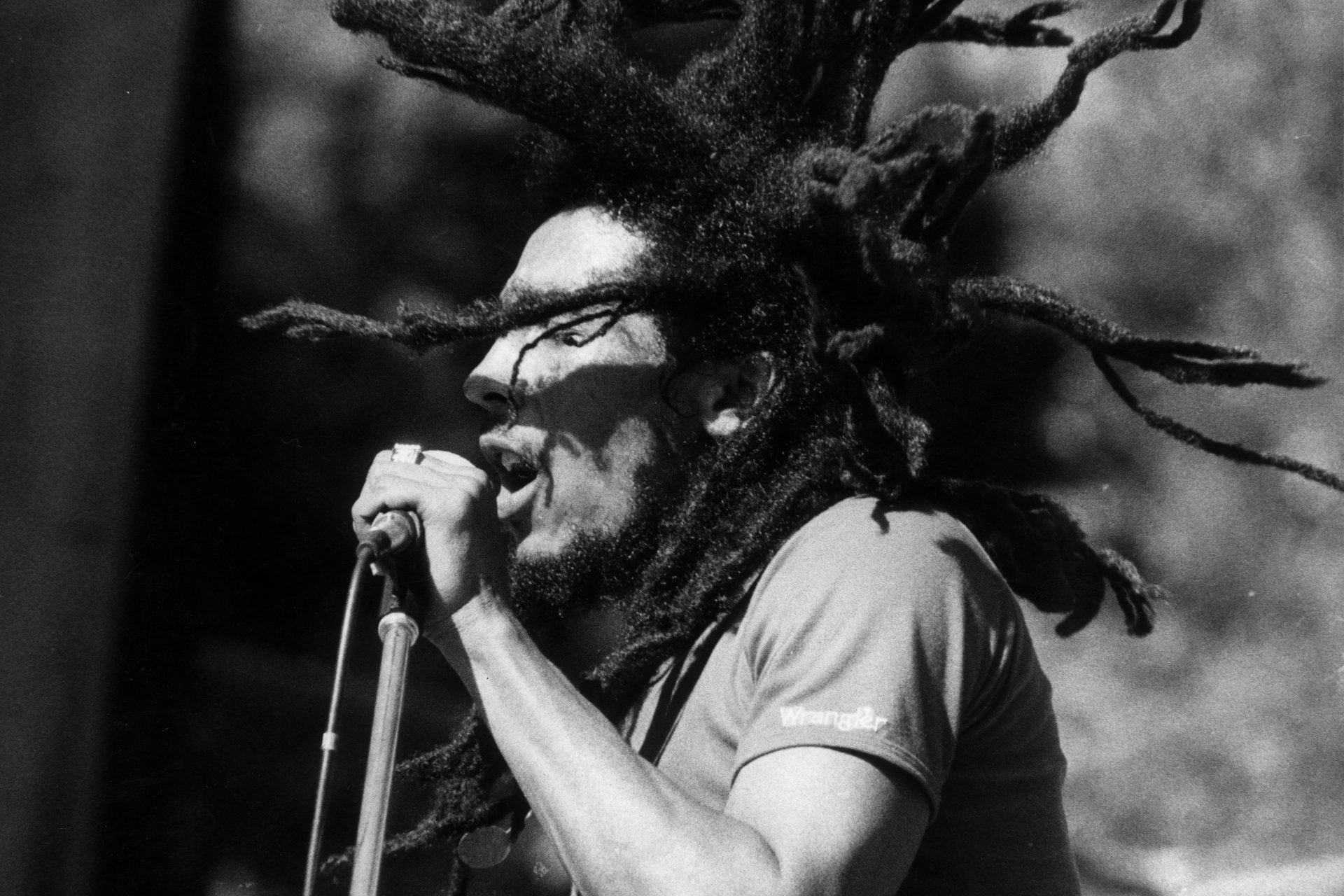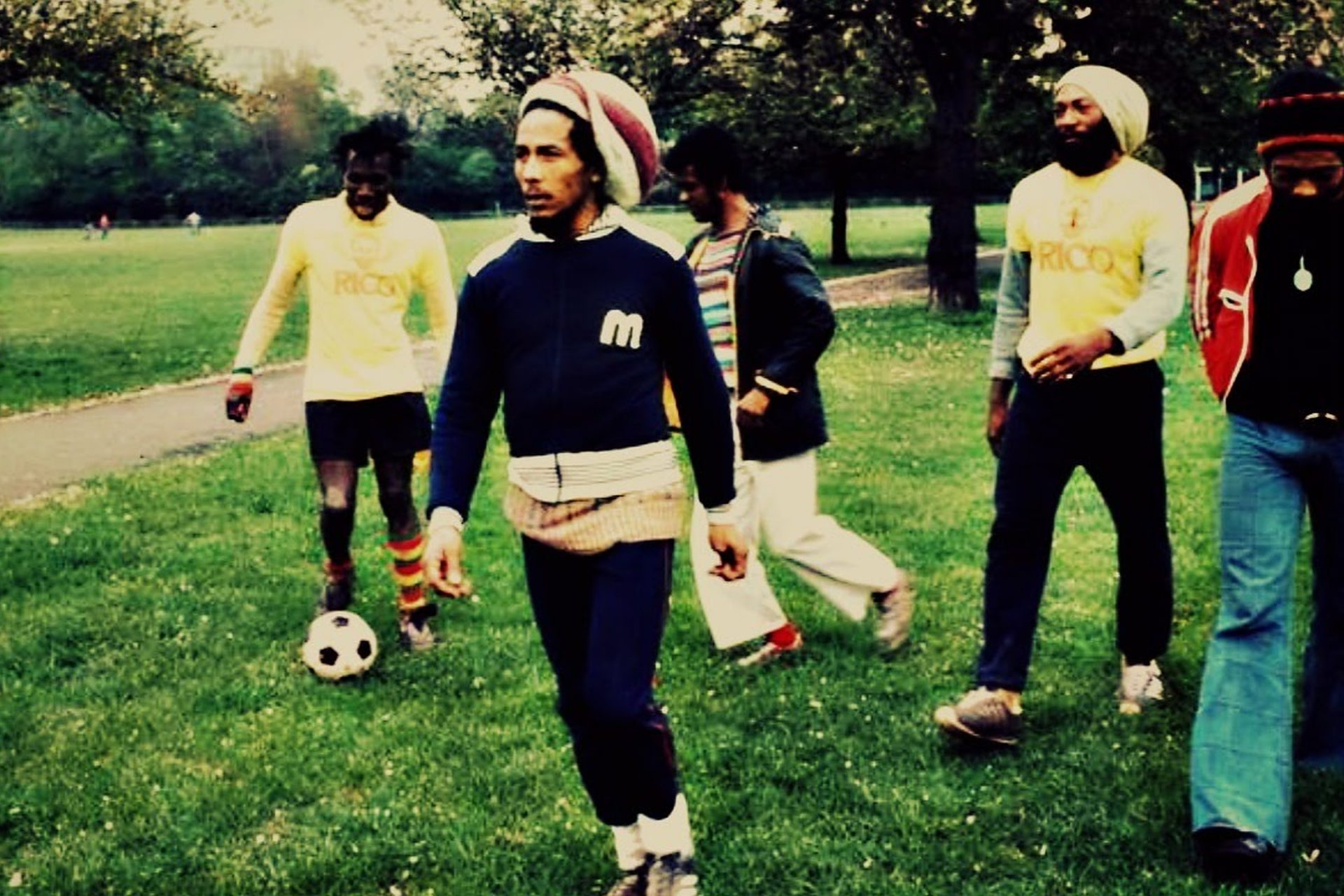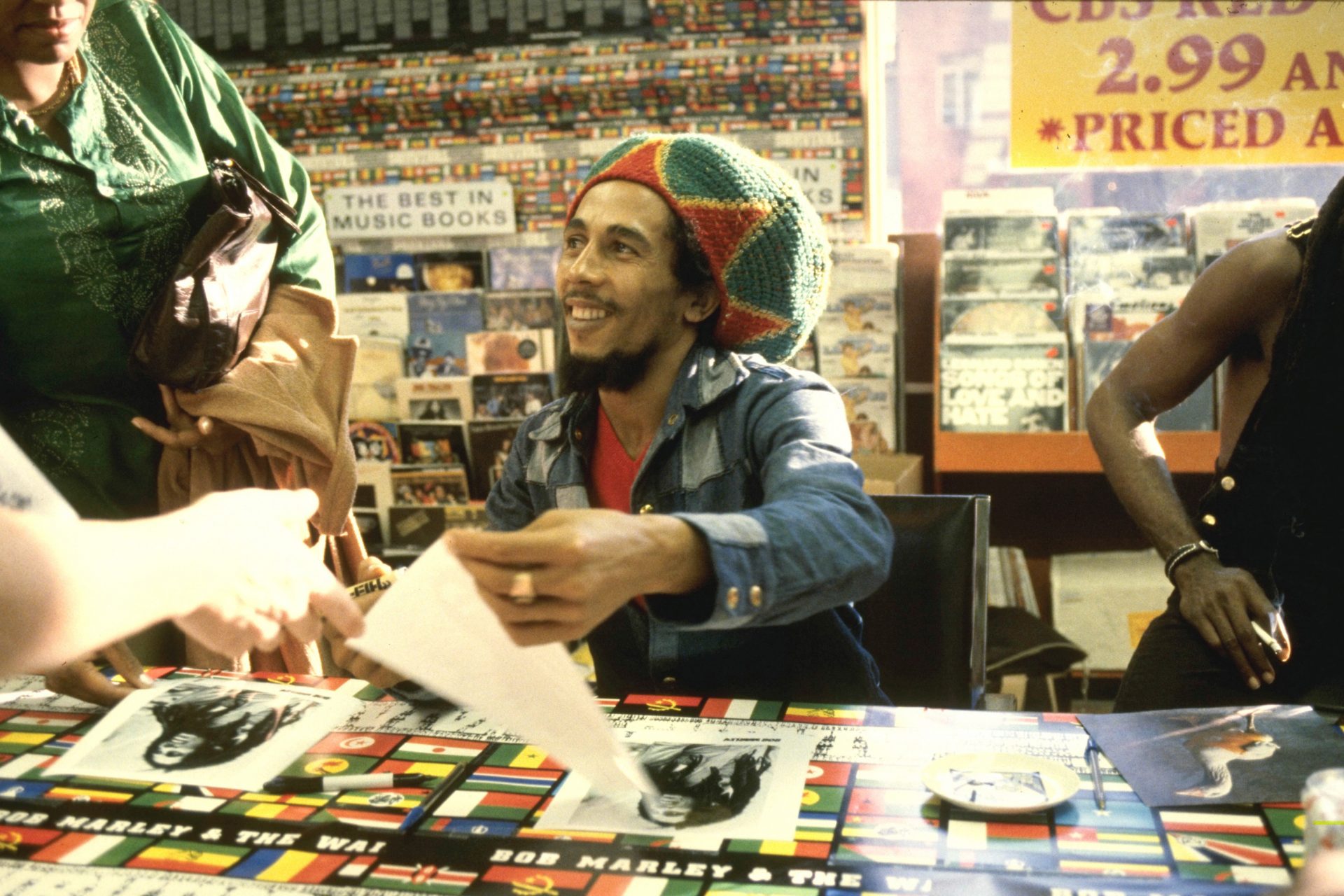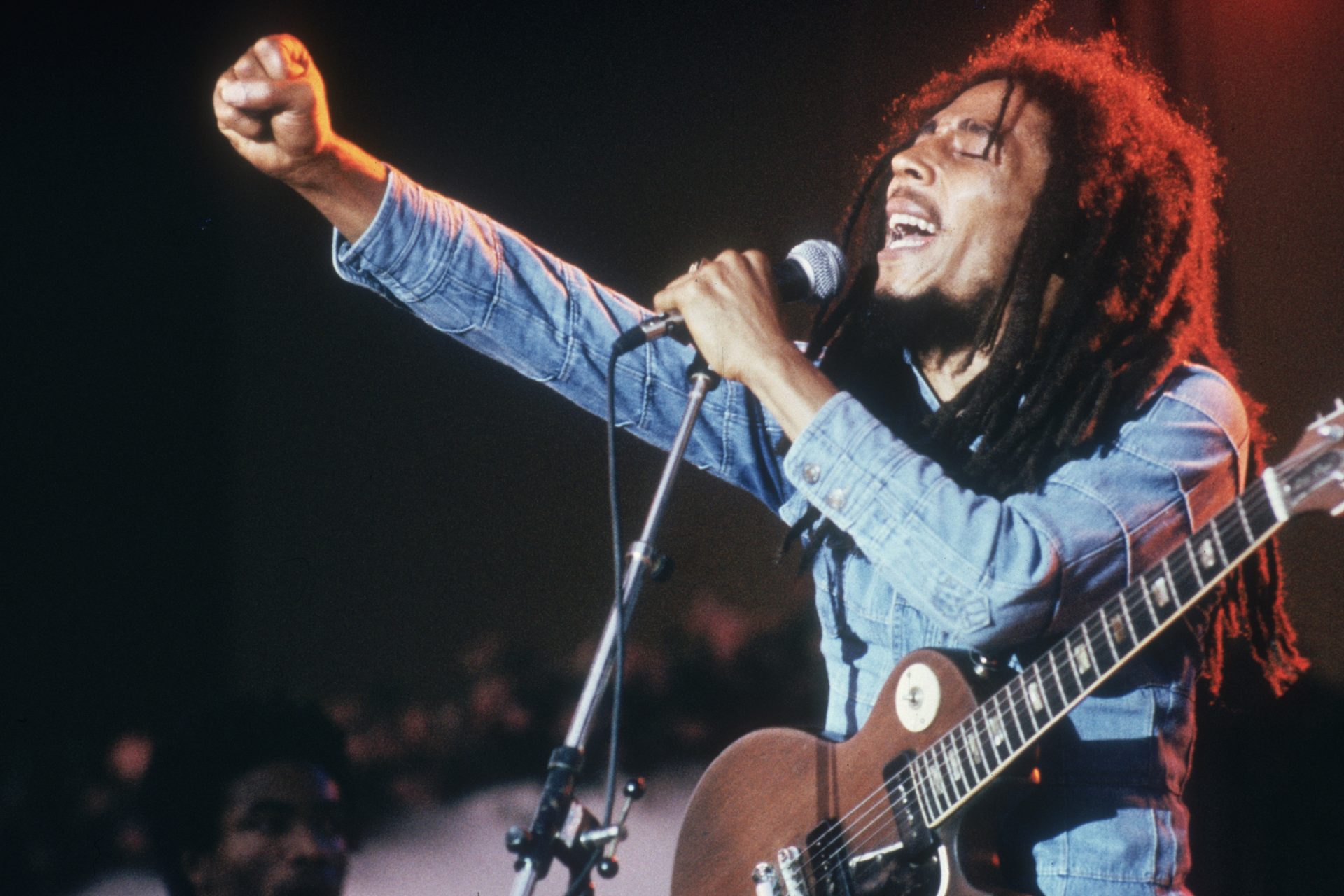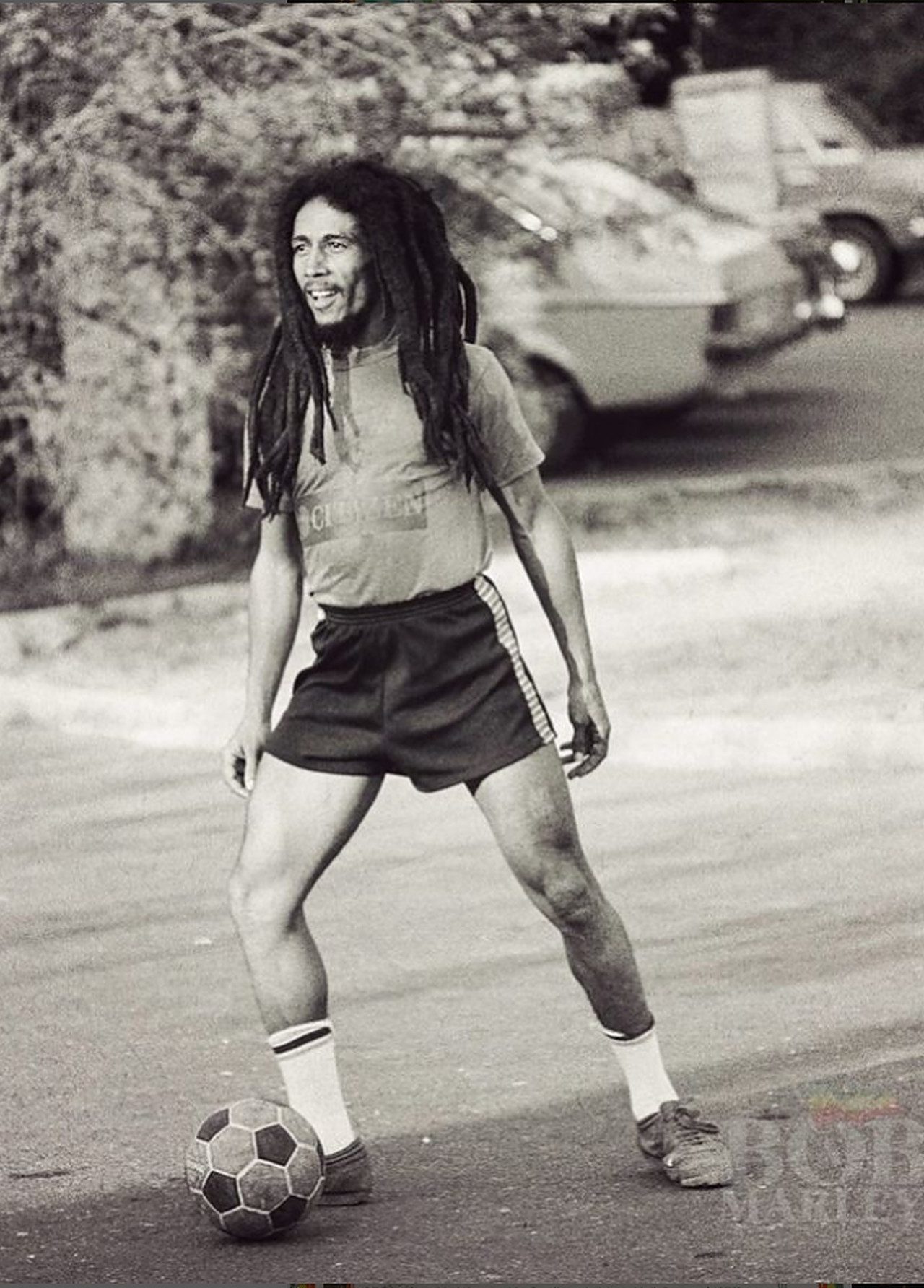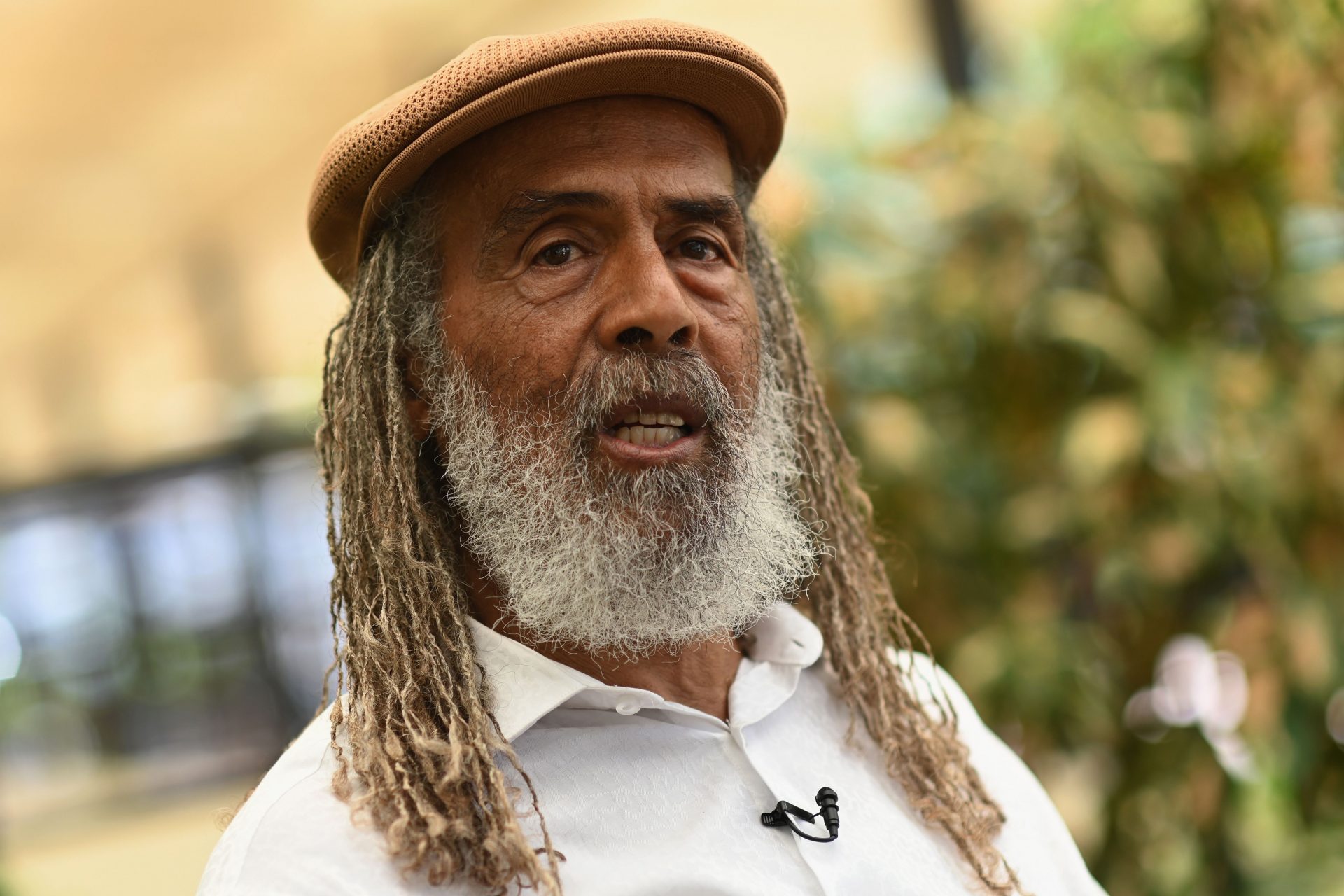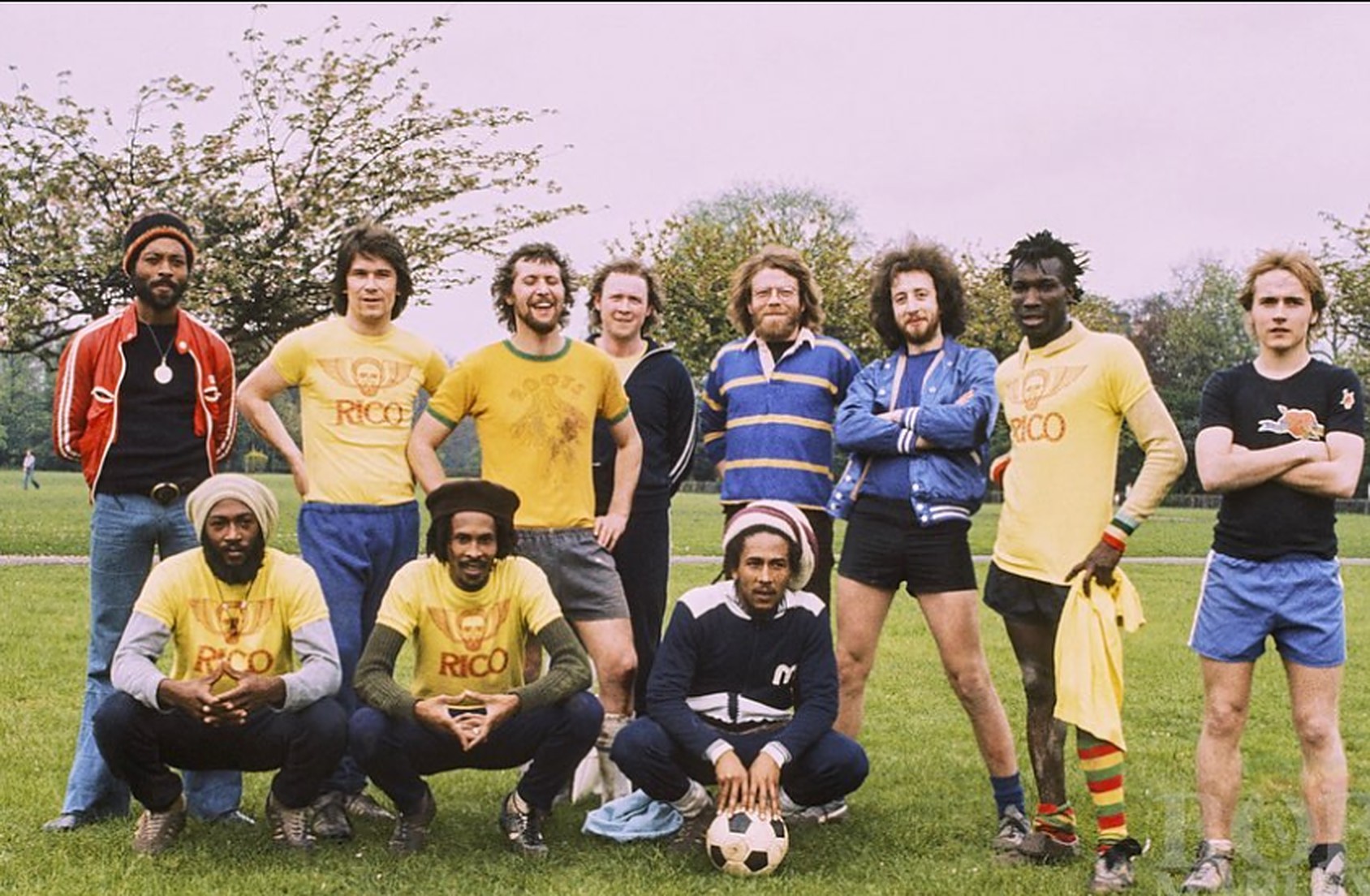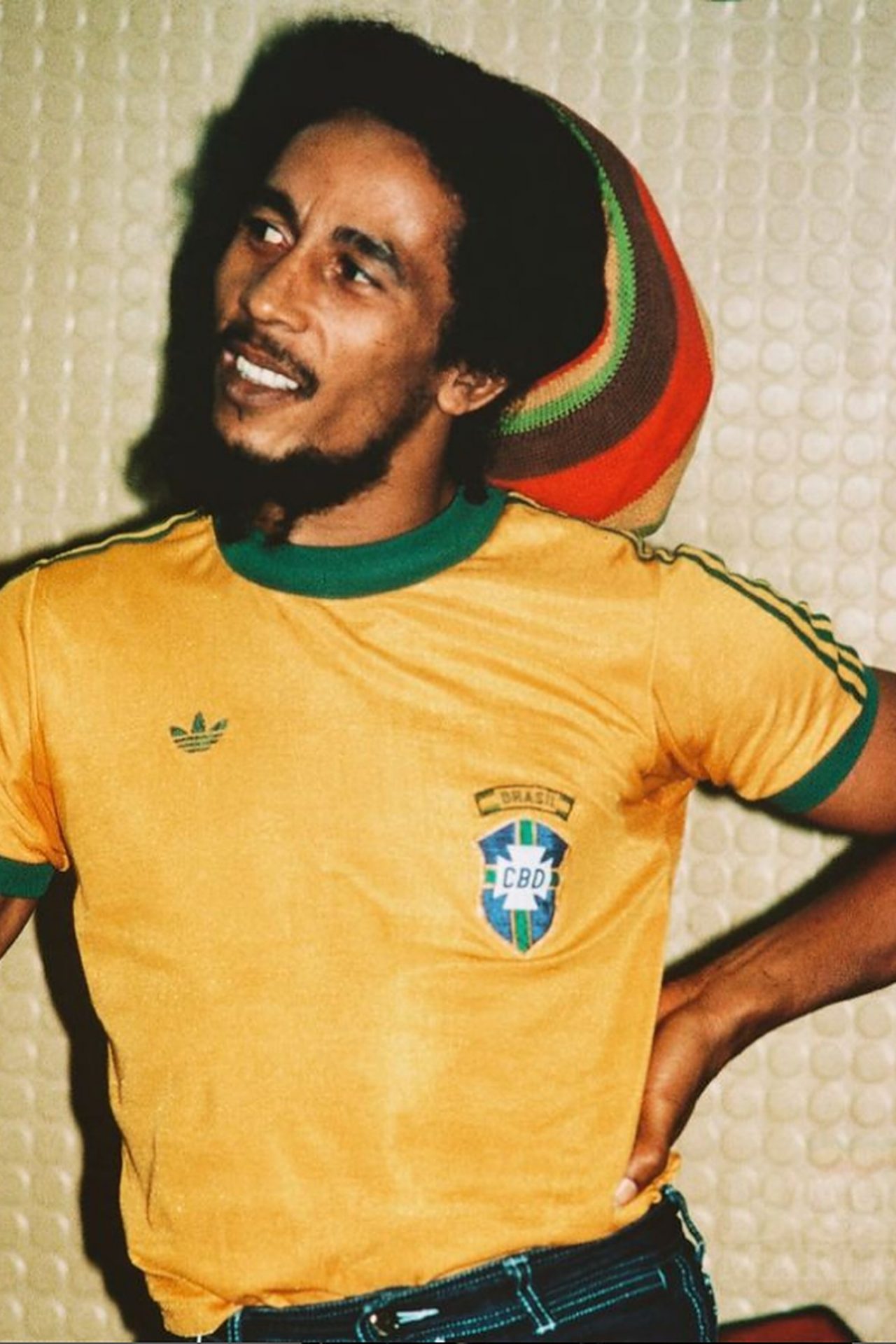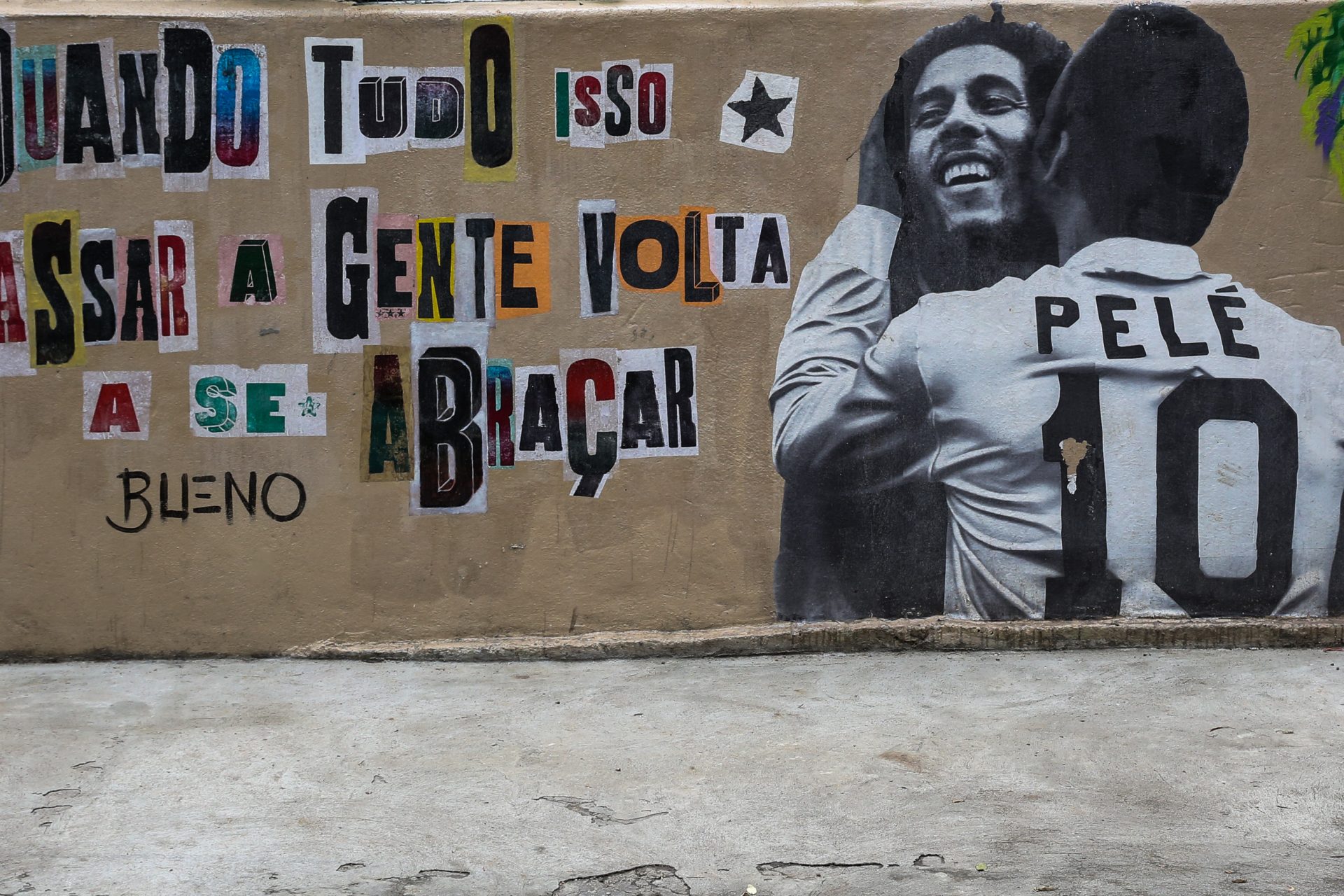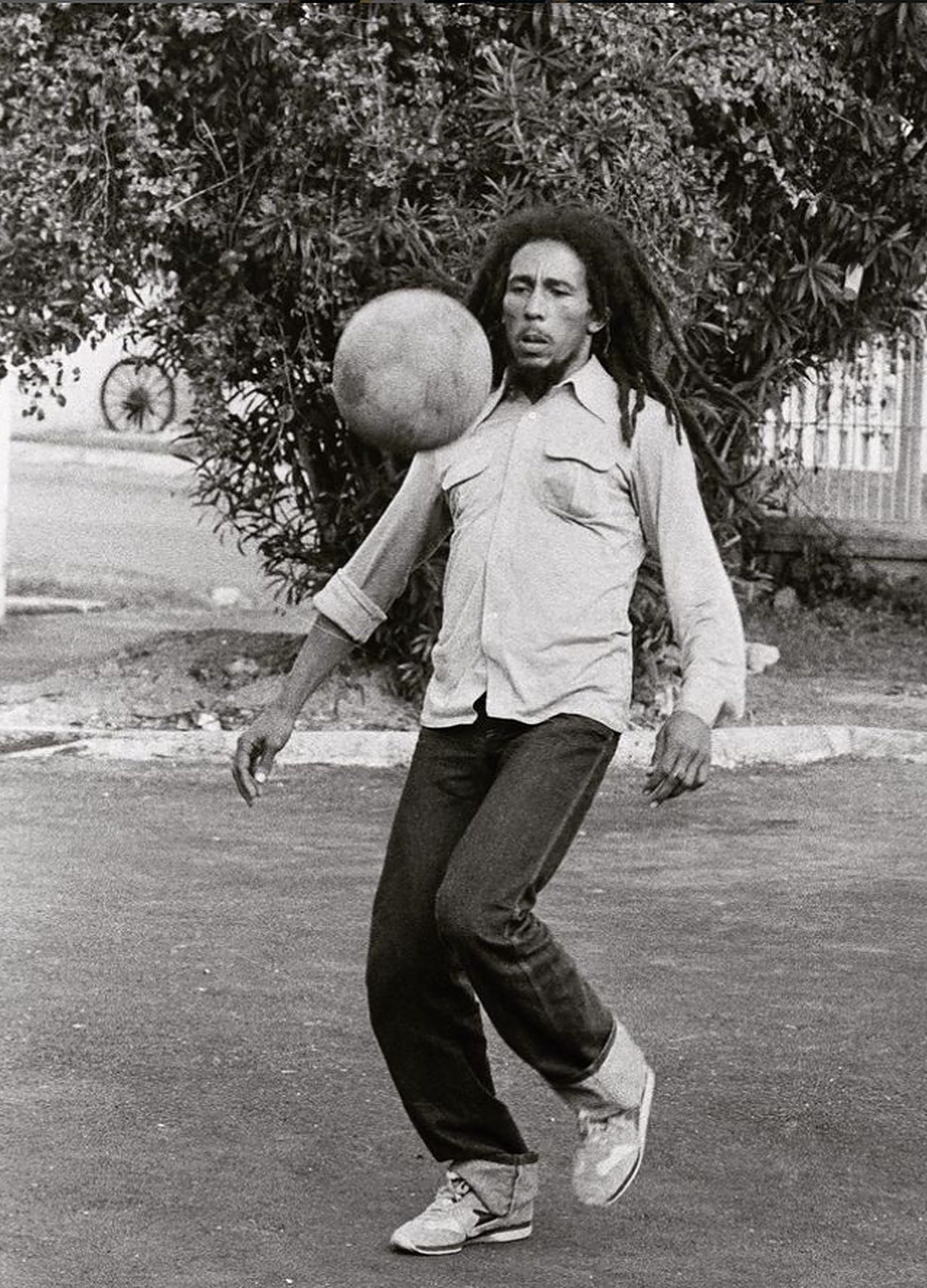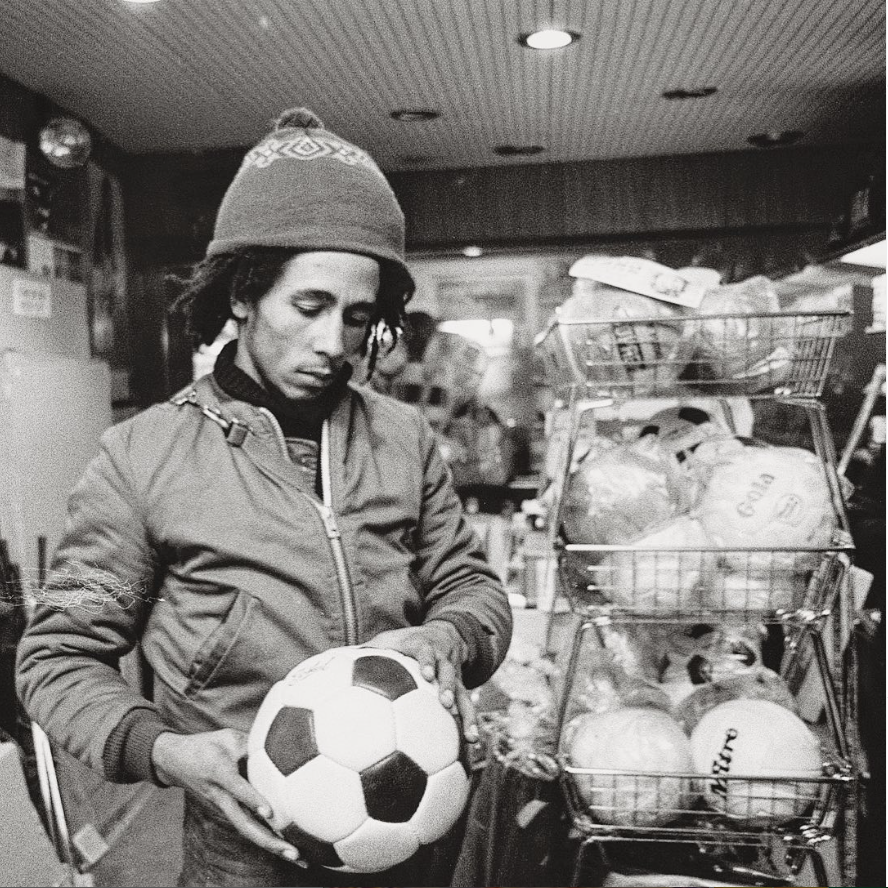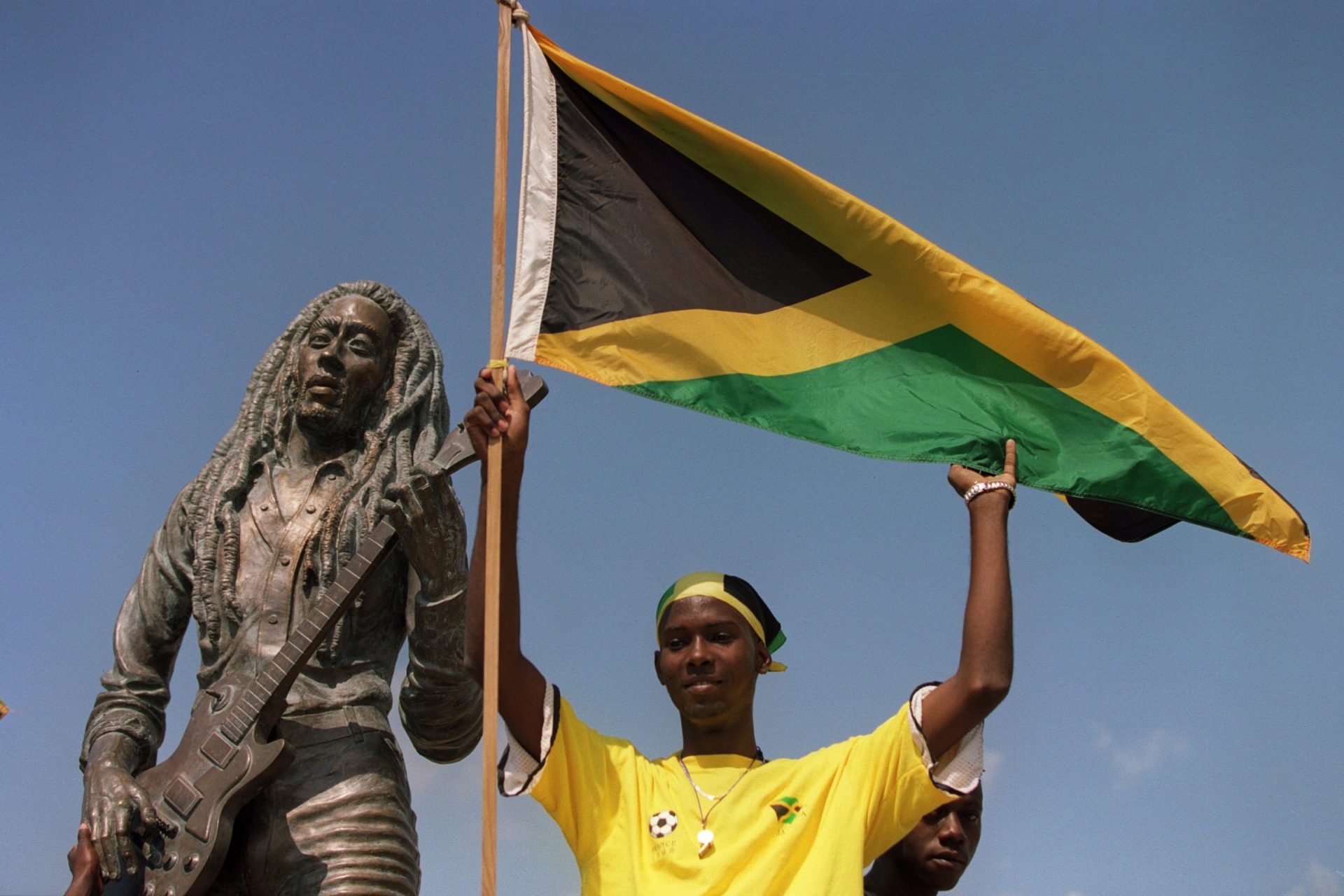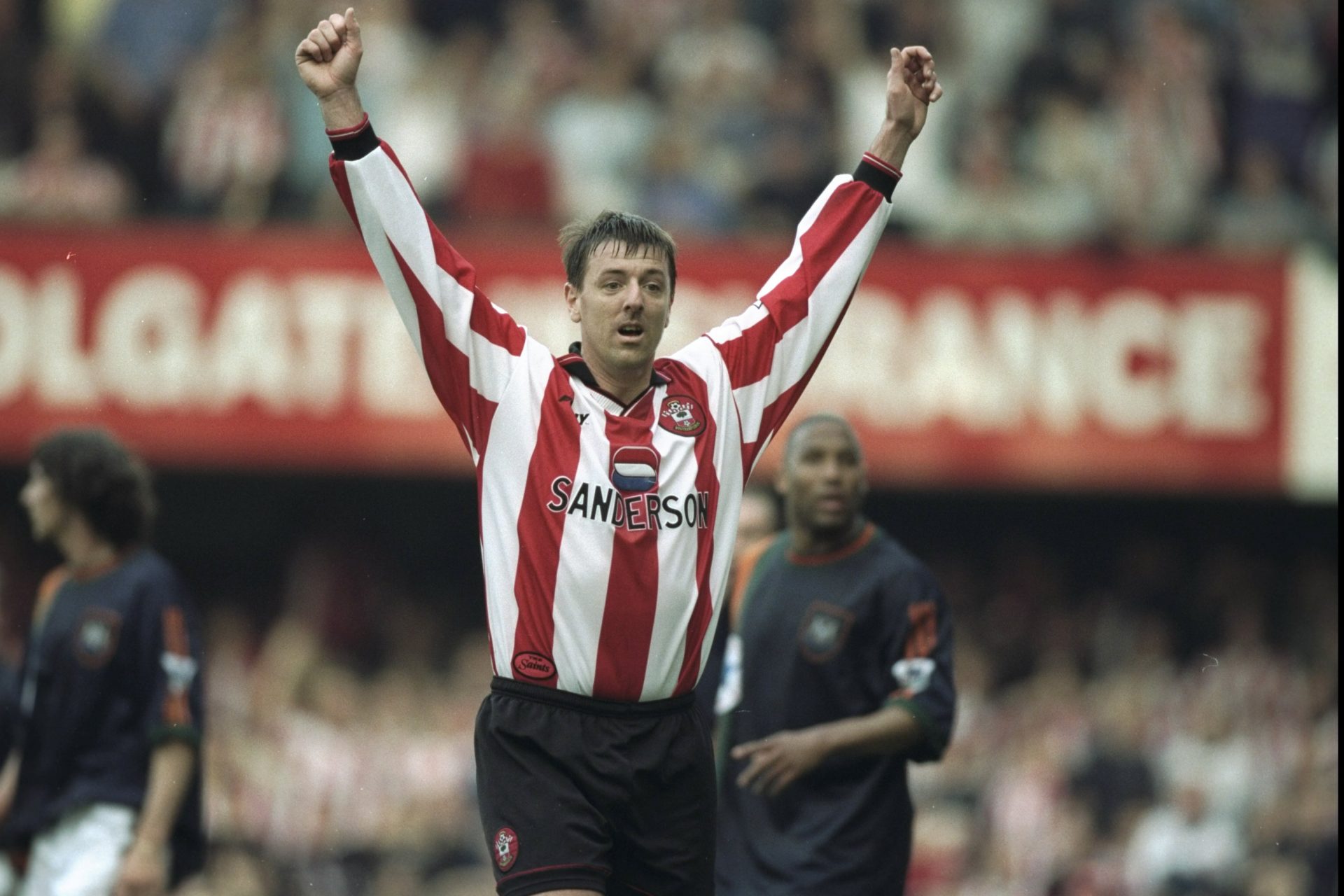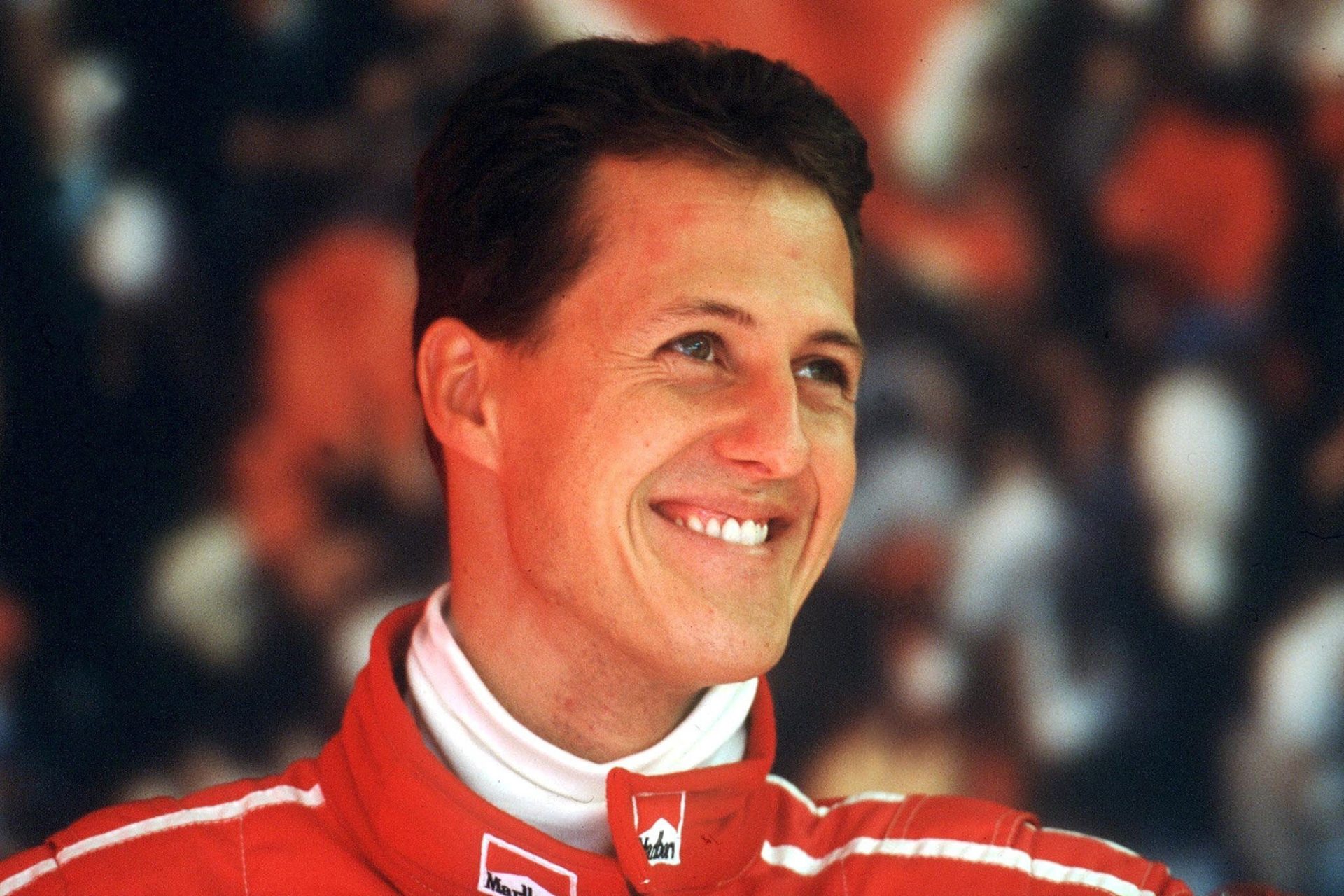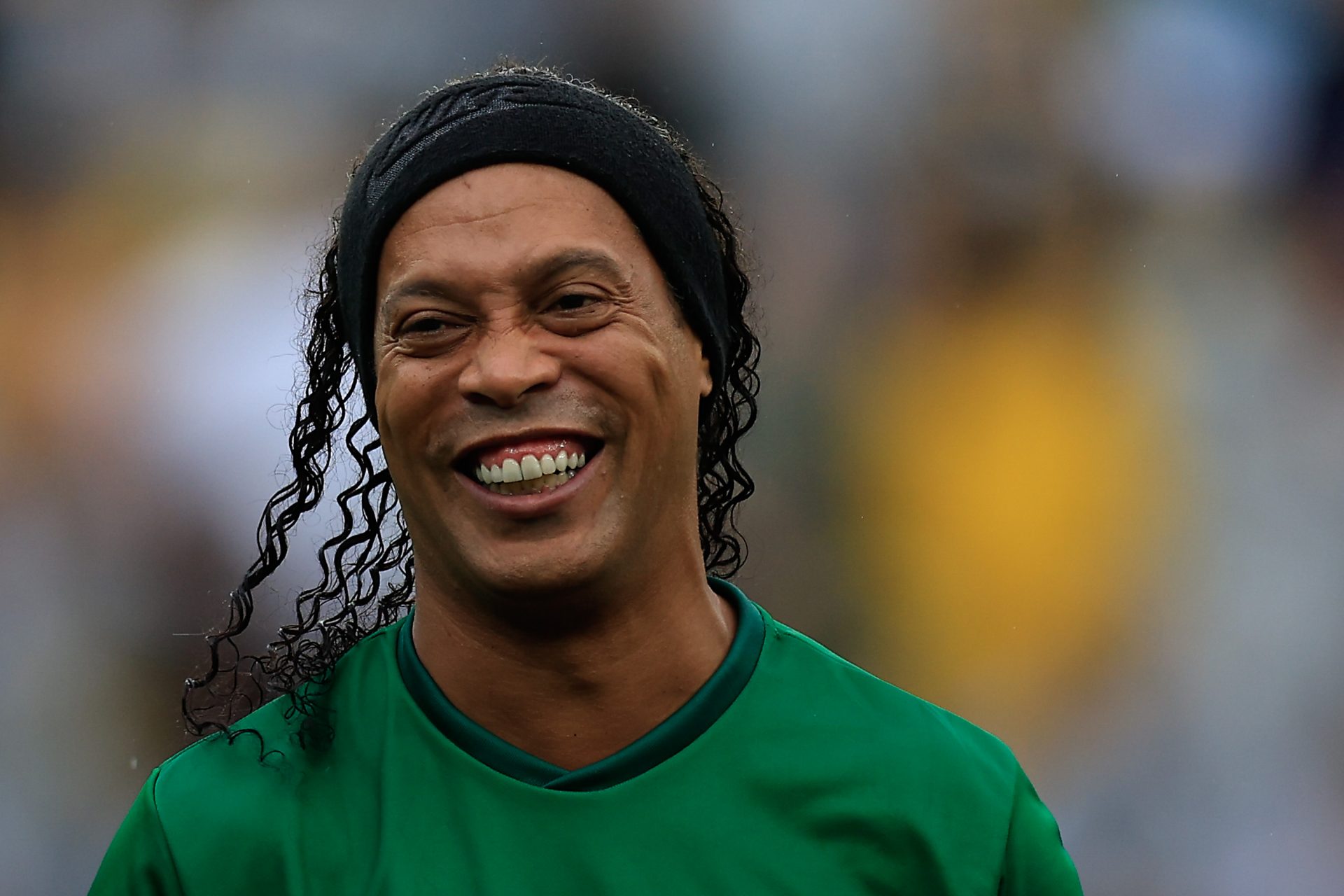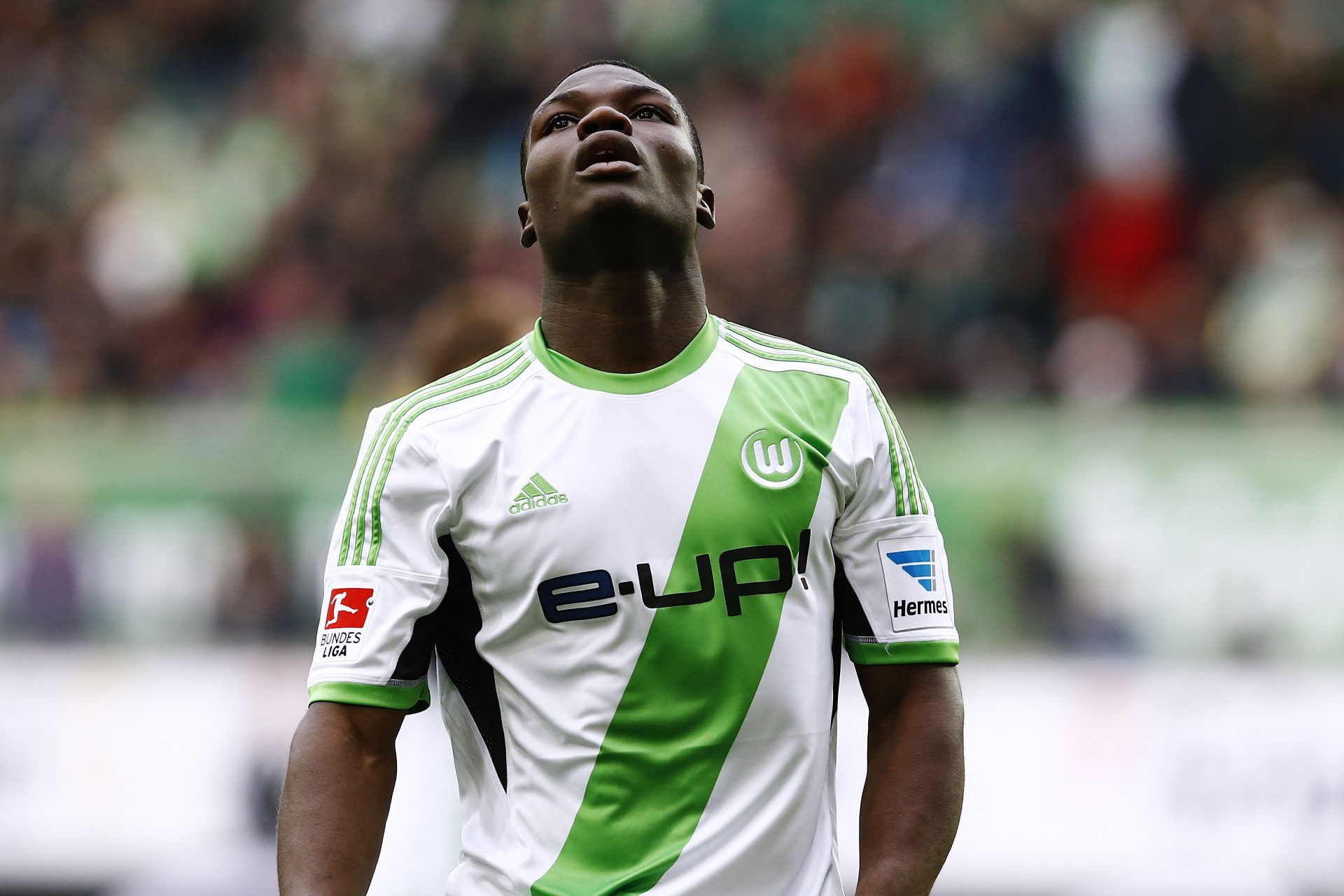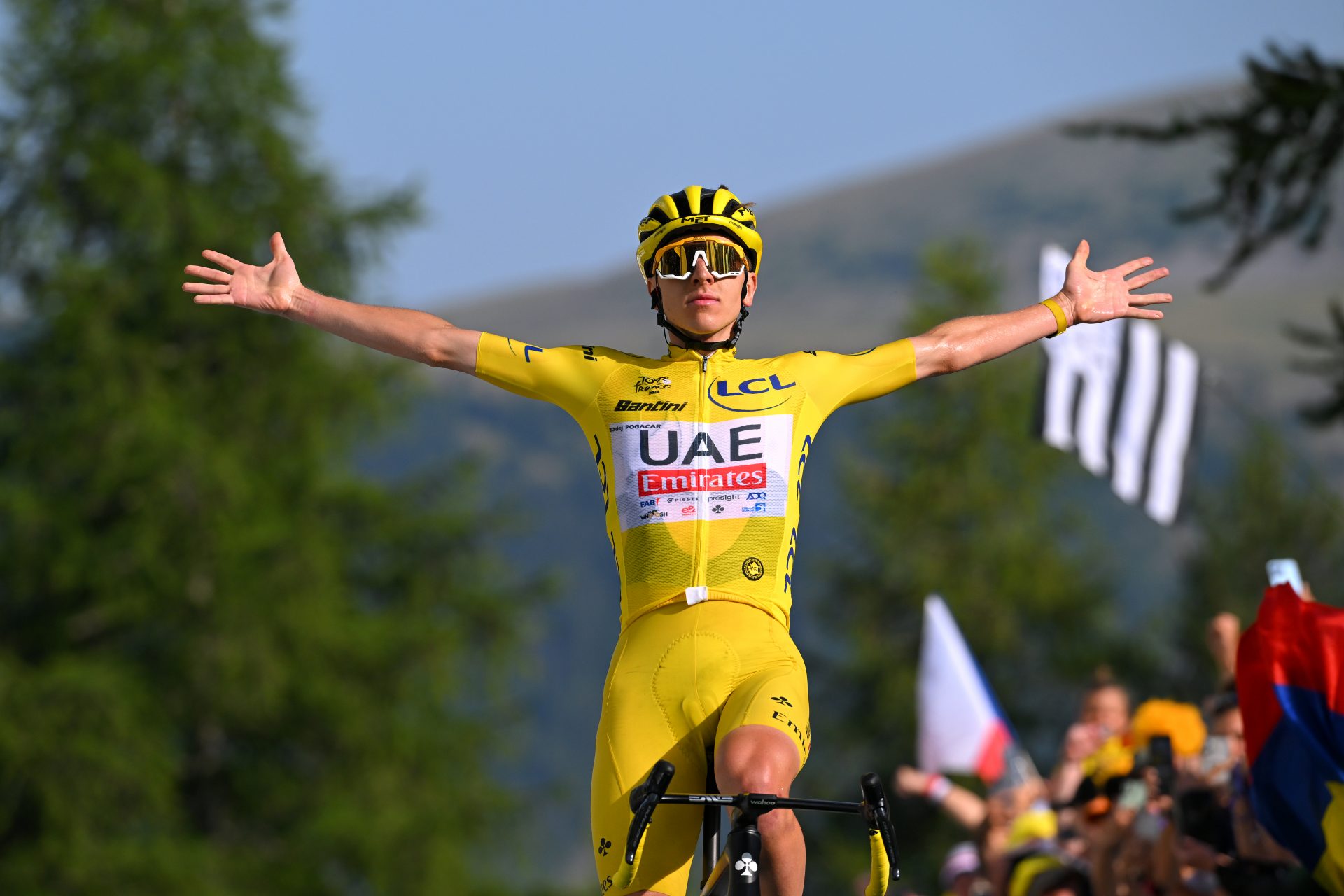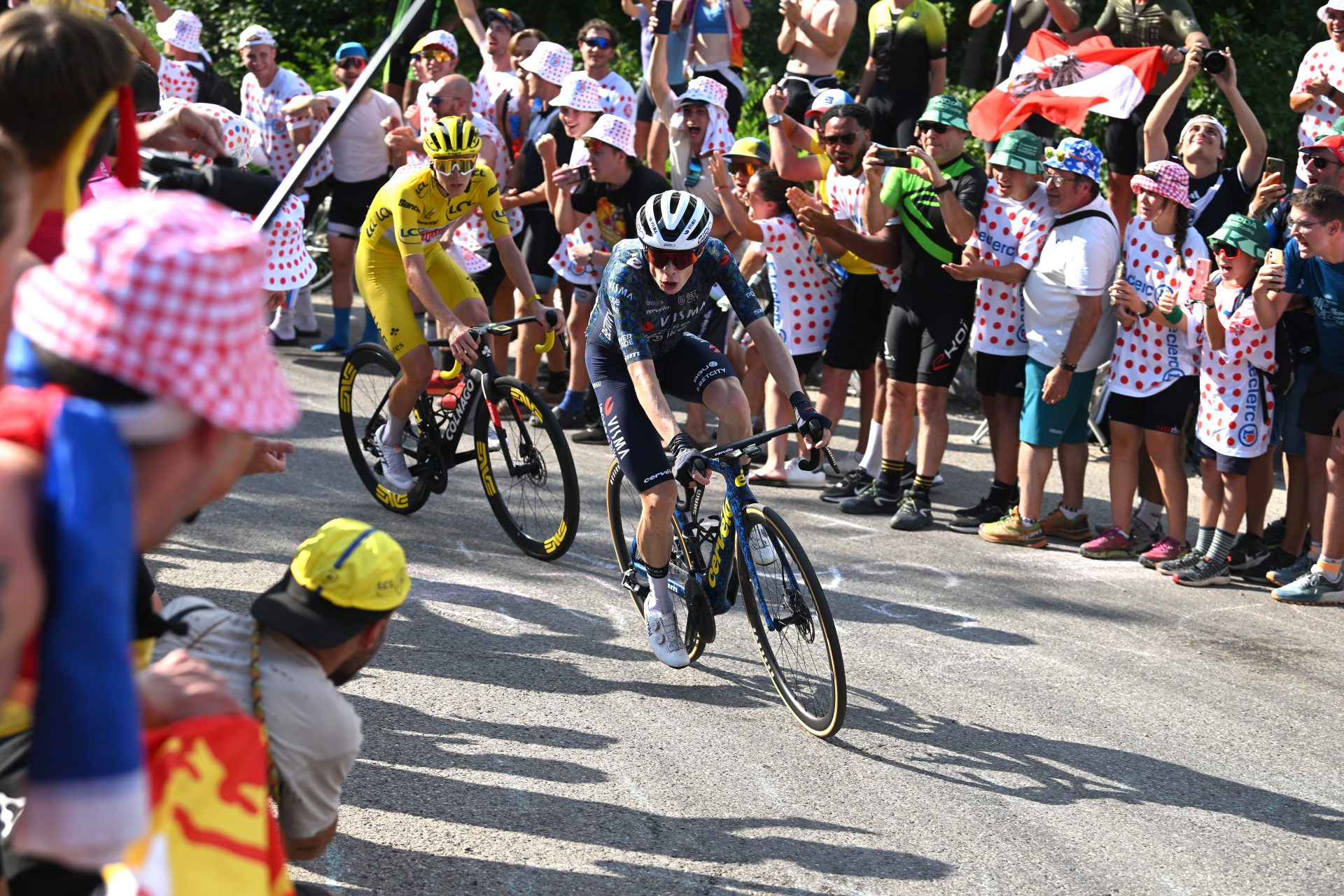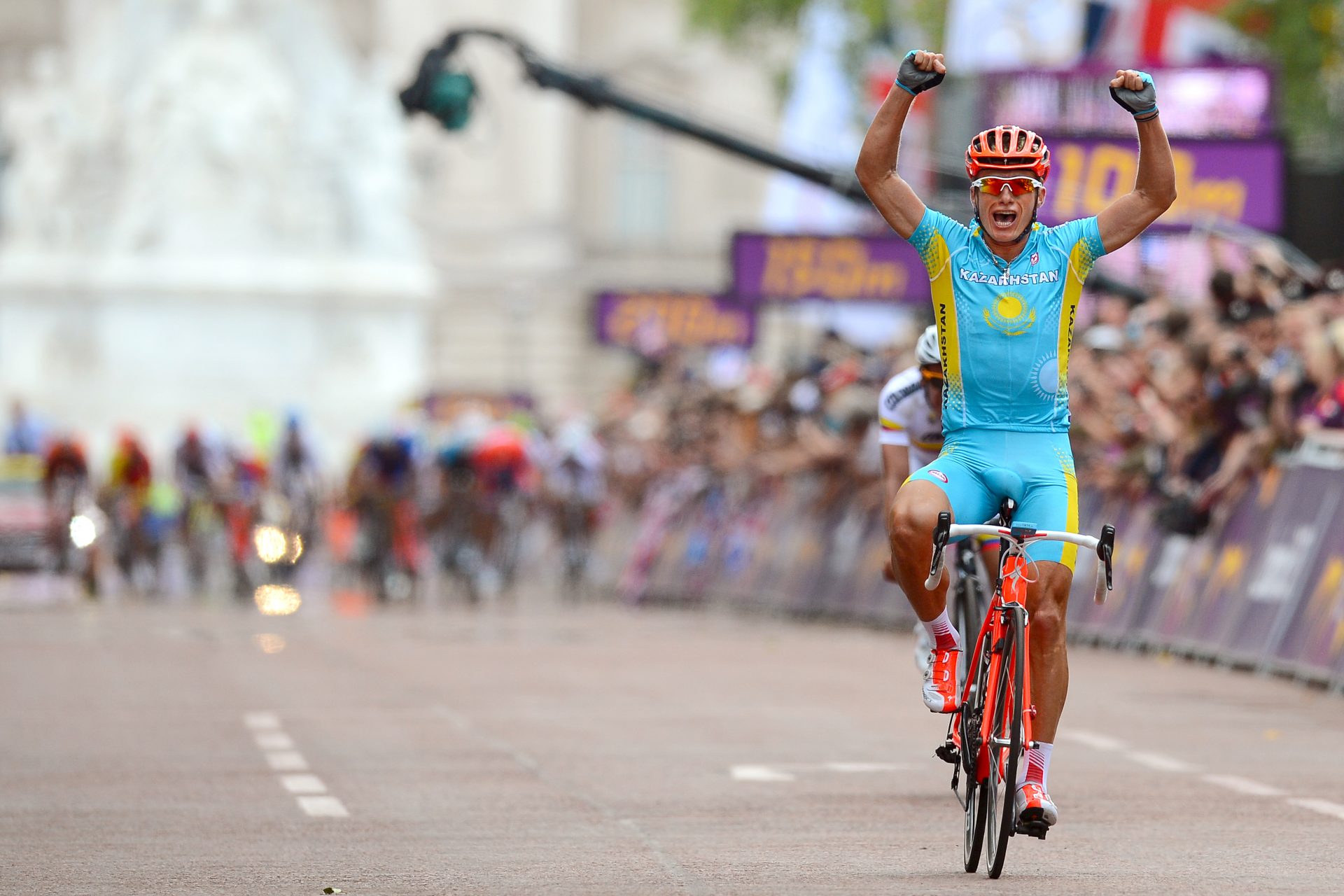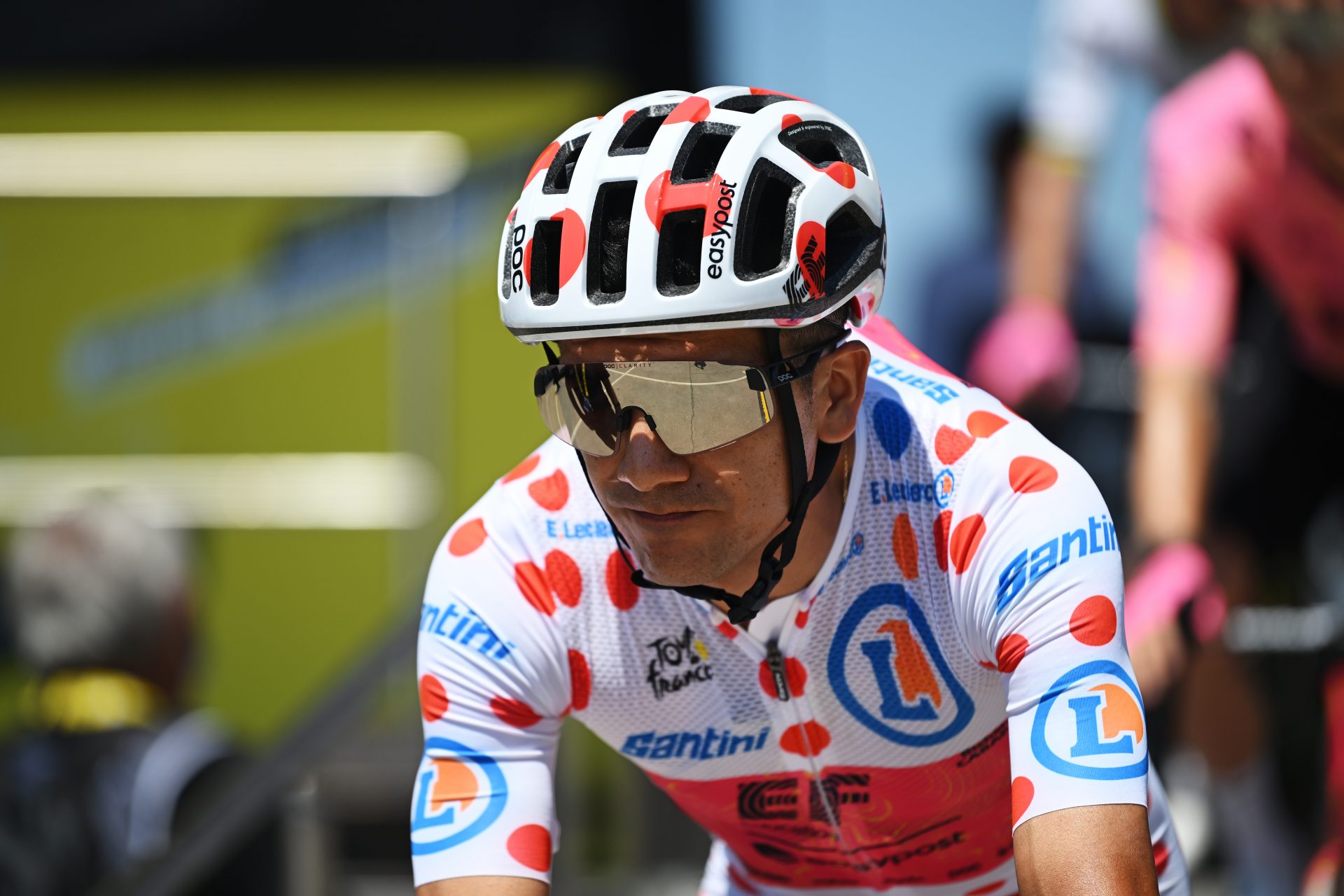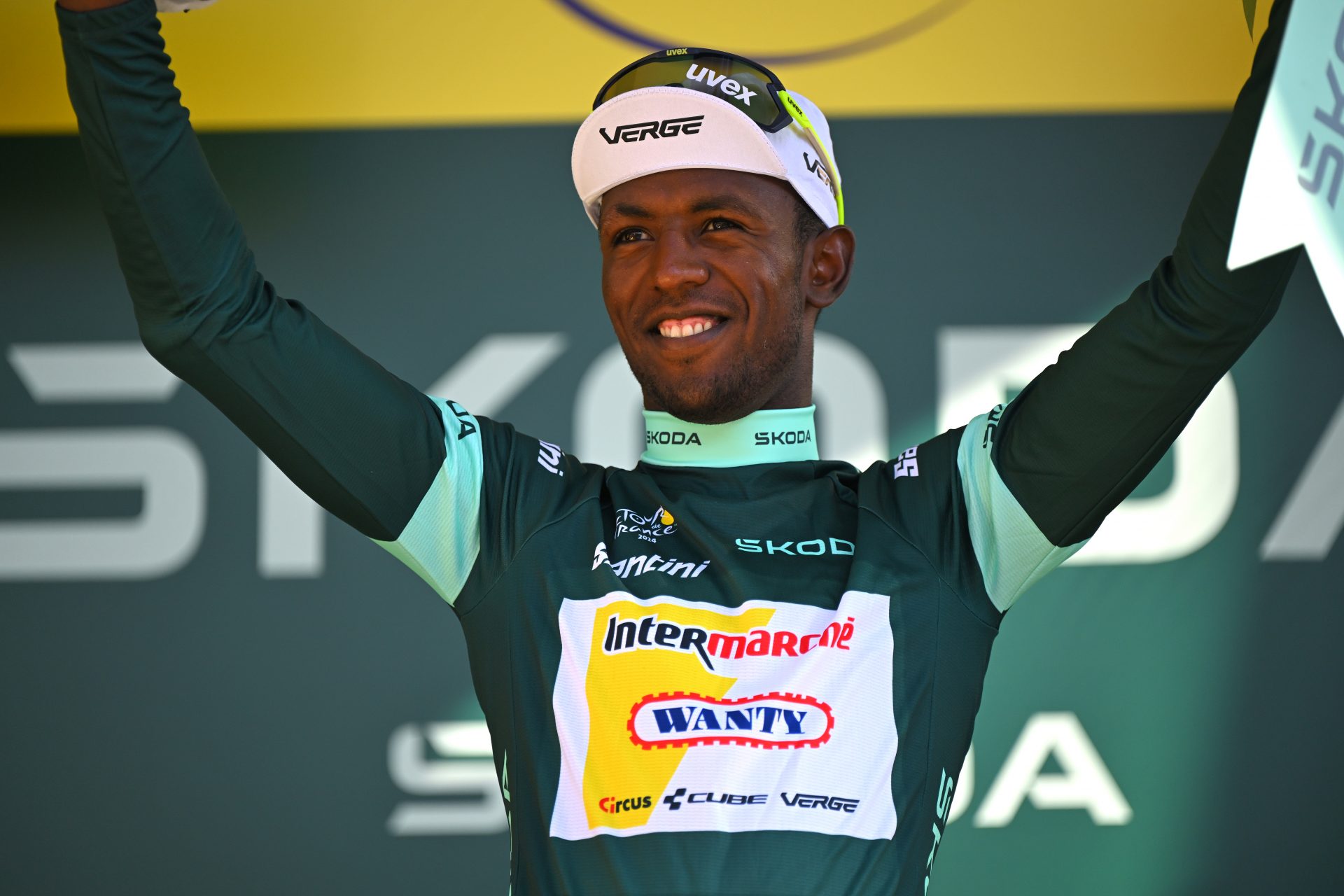Bob Marley – The reggae king who could have been a pro footballer
Robert Nesta Marley, also known as Bob Marley, is one of Jamaica's greatest icons. He was a philosophical prophet who shared his message through his music, encompassing love, freedom, and unity. Marley often linked freedom to football, one of his deepest passions!
Image Credit: Youtube @BobMarleyFan
Photos of Marley dribbling, passing, shooting, and even nutmegging are plentiful. Whether he's at his own home, on the road, or even in the backstage area of a concert, Marley would often be seen with a football more than his guitar! It was a rite of passage for anyone in his inner circle to play keepie-uppies.
Source: Instagram @bobmarley
Robert Nesta Marley was born on the 6th of February 1945, in Nine Mile, Jamaica but spent most of his childhood growing up in Trenchtown, Kingston. Throughout his troubles and tribulations, football much like music, served as an escape.
Bob Marely's identity was closely intertwined with football: he received his nickname "Tuff Gong" from his aggressive play on the pitch and even originally envisioned football as his way out of the dilapidated area of Trenchown, Kingston.
Image Credit: Instagram @bobmarley
Marley began recording his first musical records in the 1960s with legendary producer Coxsone Dodd, but due to financial difficulties, he was forced to migrate to the US to work in a factory in 1966. Football was still very present in his day-to-day life, as means to fortify his body and mind.
"I love music before I love football. If I love football first it maybe can be dangerous, I love music and then football after. Playing football and signing is dangerous because football gets very violent. I sing about peace, love, and all that stuff, and something might happen y'know. If a man tackles you hard it brings feelings of war," shared Marley in an interview.
"He was so focused, with the ball at his feet, running at you and his main aim is to get past you, then to shoot. He was a master of both his passions," fellow musician Levi Roots remembers.
Image Credit: YouTube @Bob Marley Fan
Marley would later return to Jamaica in 1969 to fully dedicate himself to his music. He began to record with renowned Lee "Scratch" Perry, releasing many successful records.
His passion for music eventually turned him into a global star, but his love for football continued to be a pervasive part of his everyday life.
As Marley's success grew, so did his reputation. He moved into 56 Hope Road, a couple of houses away from the Governor's House. Marley was "bringing the ghetto uptown" and so did his pick-up games. Marley would host 7 vs 7's street football games in his backyard!
Image Credit: Instagram @bobmarley
Bob Marley's football skill was highly regarded among peers and rivals. Many argued he was just as good as Allan 'Skill' Cole, his former tour manager who is considered Jamaica's best footballer.
Some English promoters would be too quick to accept games against Marley and the Wailers, believing to be more familiar with the game, only to be trounced.
Image Credit: Instagram @bobmarley
"Tring to get the ball off him [Marley] was just hopeless, Bob was the person he was, the ball always came to him. He was the midfield general if you like, and they called him skipper. They were so good, it was like playing Brazil," Trevor Wyatt, an Island Records distributer, remembered Marley's play.
Image Credit: Instagram @bobmarley
Wyatt's comparison to the Brazilian national team turned out to be prophetic as Marley and the Wailers made it to Brazil in 1980. The band went off to Chico Buarque's personal pitch in Rio de Janeiro for a pickup game that featured professional footballers, such as Paolo Cesar Caju.
During a football skirmish in Paris, in 1977, Marley broke his toe and doctors later diagnose a cancerous tumor under his toe. The pain from the tumor began to affect his football abilities, although Marley continued to play and remain active despite the diagnosis.
Image Credit: Instagram @bobmarley
Doctors suggested the removal of the toe to prevent any further spread, however, due to both religious beliefs and his deep love and devotion to football, Marley refused the amputation.
Image Credit: Instagram @bobmarley
Marley didn't want to give up playing football. It simply wasn't an option. The cancer eventually spread throughout his body, taking his life in 1981. Up to the very end, Marley continued to play as much football as he possibly could.
More for you
Top Stories



